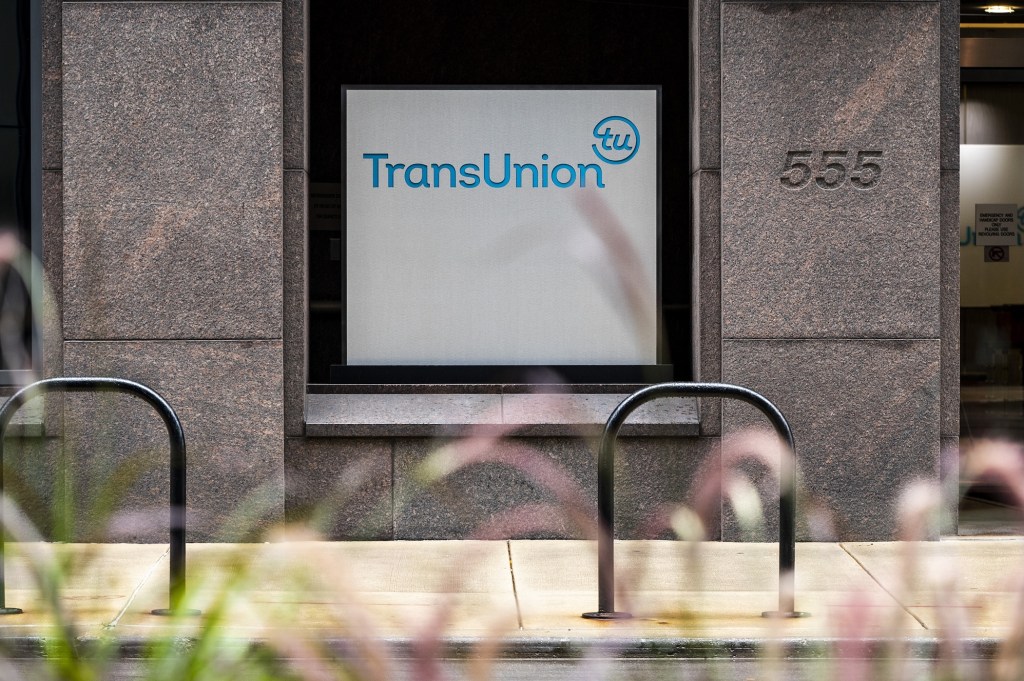On July 28, 2025, TransUnion, a leading credit reporting agency, experienced a significant data breach that compromised the personal information of over 4.4 million customers. The breach was attributed to unauthorized access of a third-party application used in TransUnion’s U.S. consumer support operations. The company has stated that no credit information was accessed during the incident.
Details of the Breach
The breach was officially disclosed in a filing with the Maine Attorney General’s Office. According to the filing, the compromised data includes names and other personal identifiers combined with unspecified sensitive information, a classification typically indicative of Social Security numbers, government IDs, or financial account details. The breach was discovered two days later, and the company began notifying affected individuals on August 26, 2025.
TransUnion’s Response
In response to the breach, TransUnion is offering affected individuals two years of free credit monitoring and identity theft protection through its myTrueIdentity service. This service includes daily credit report monitoring, fraud alerts, and up to $1 million in identity theft insurance. The company has also stated that it is investing in advanced cybersecurity tools, such as two-factor authentication and encryption technologies, to prevent future breaches.
Industry Context
TransUnion is one of the largest credit reporting agencies in the United States, storing financial data for over 260 million Americans. This breach is part of a larger trend of cyberattacks targeting major corporations. In recent weeks, companies including Google, Allianz Life, Cisco, and Workday have reported similar data breaches. Google attributed its breach to an extortion group known as ShinyHunters. It is not yet clear who is behind the TransUnion breach or if any demands have been made.
Implications for Consumers
The exposure of personal information increases the risk of identity theft and fraud for affected individuals. Consumers are advised to enroll in the free credit monitoring service offered by TransUnion, monitor their bank and credit card accounts for suspicious activity, and consider placing a fraud alert or credit freeze with major credit bureaus if fraud is suspected. If signs of identity theft are detected, it is recommended to report them to the Federal Trade Commission at IdentityTheft.gov.
Conclusion
The TransUnion data breach underscores the growing threat of cyberattacks on large corporations and the need for robust cybersecurity measures. As financial professionals, it is crucial to stay informed about such incidents and their potential impact on the financial ecosystem.



